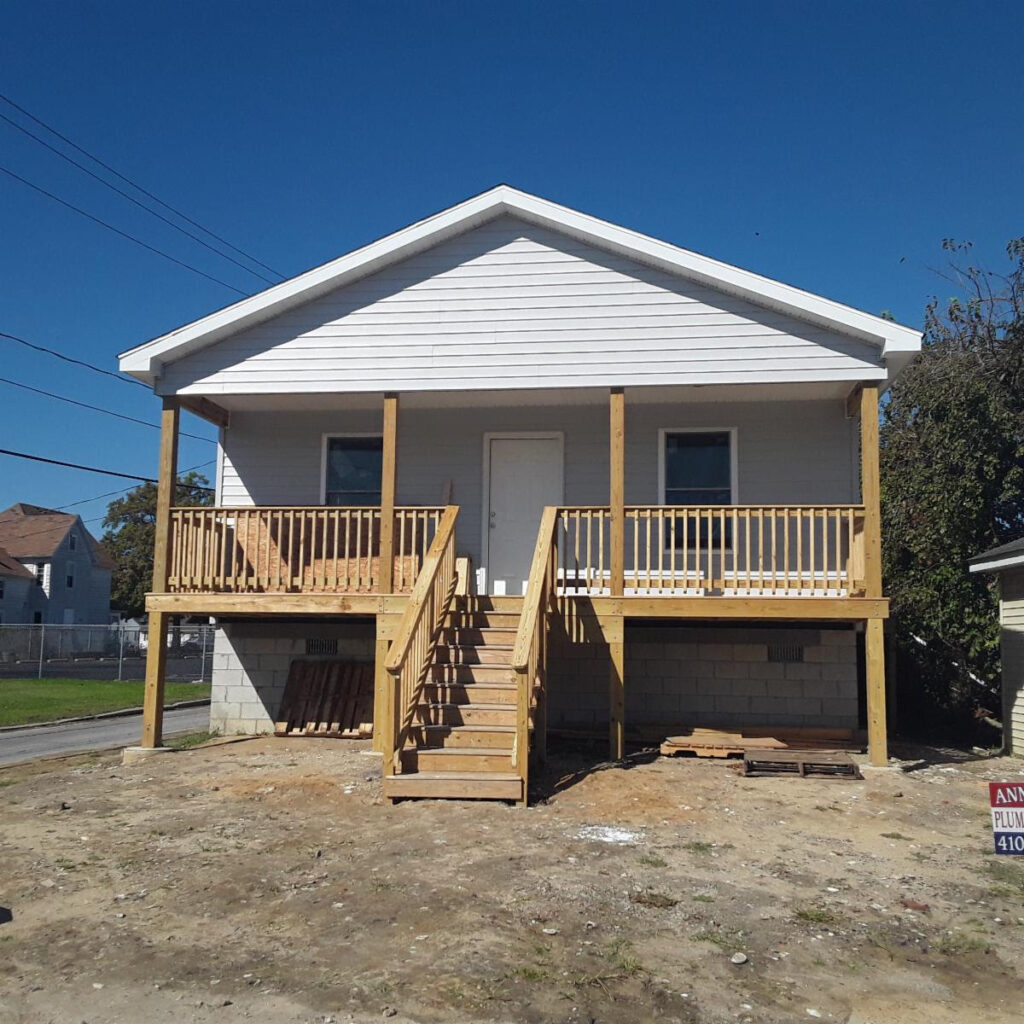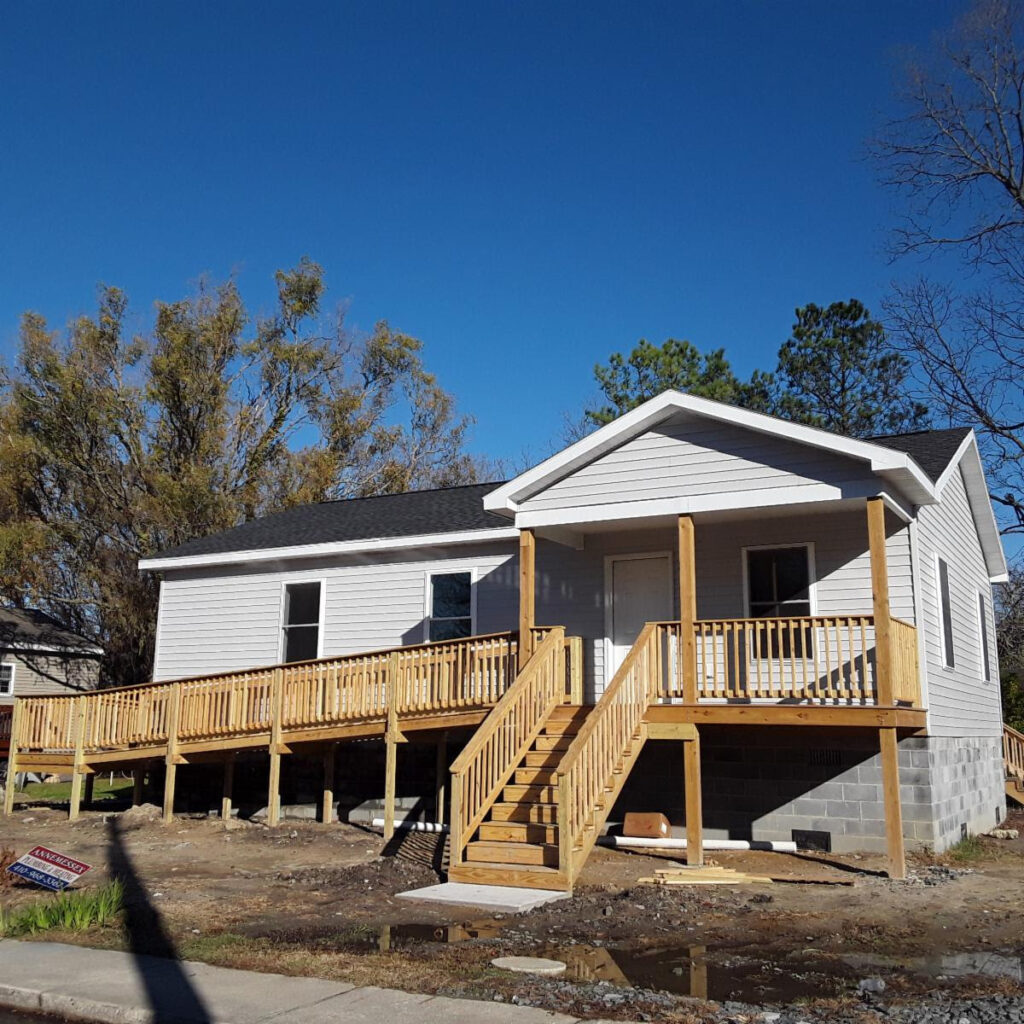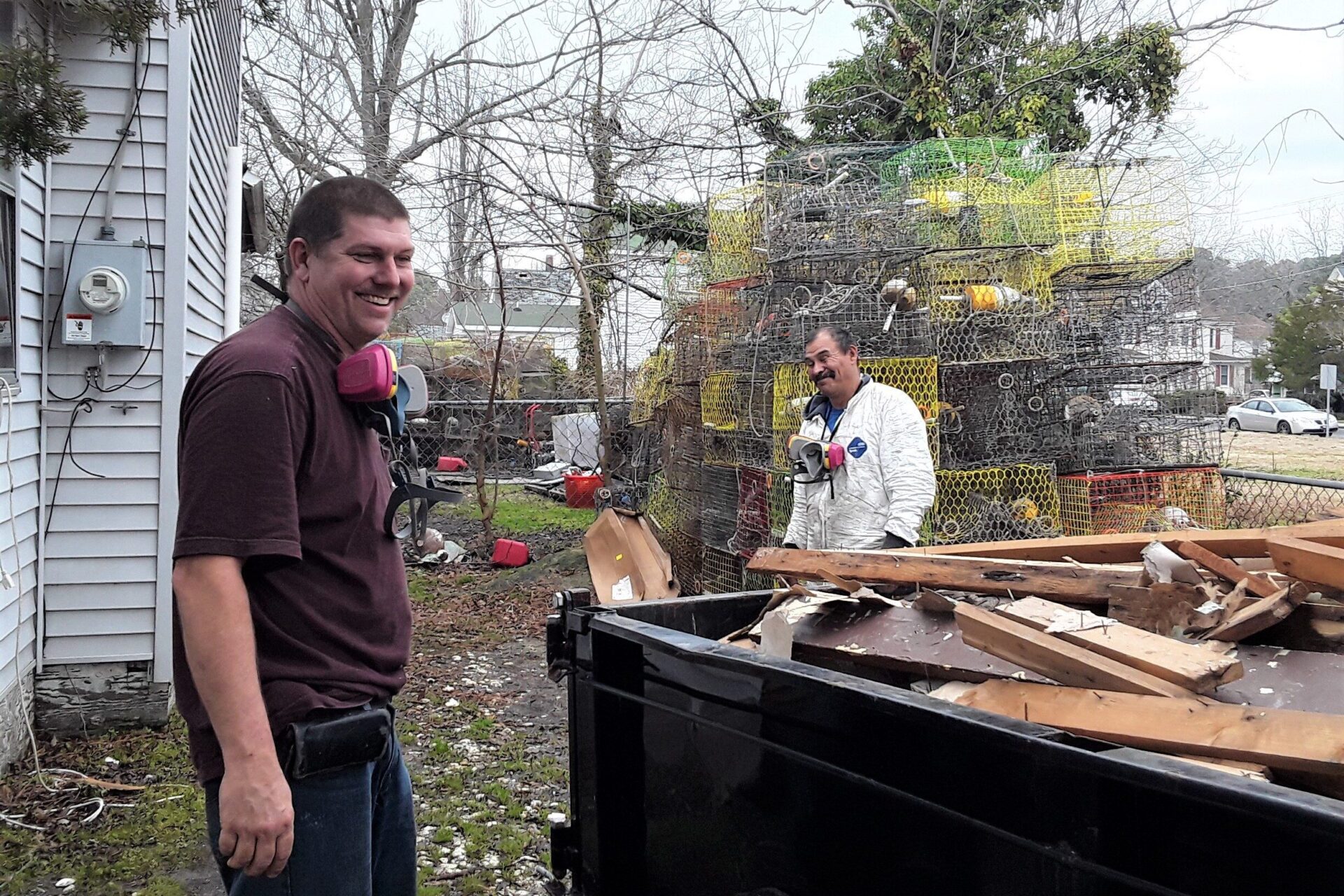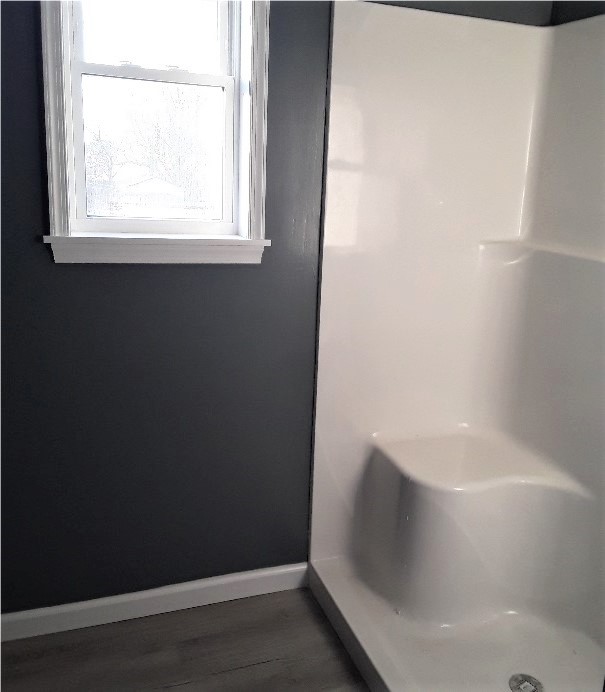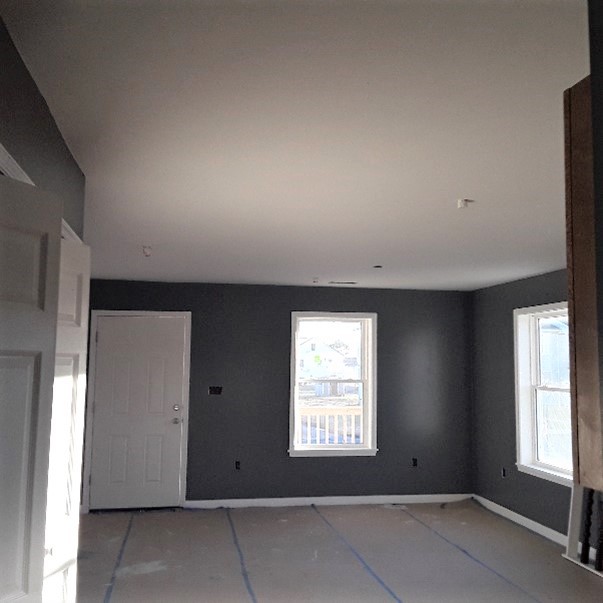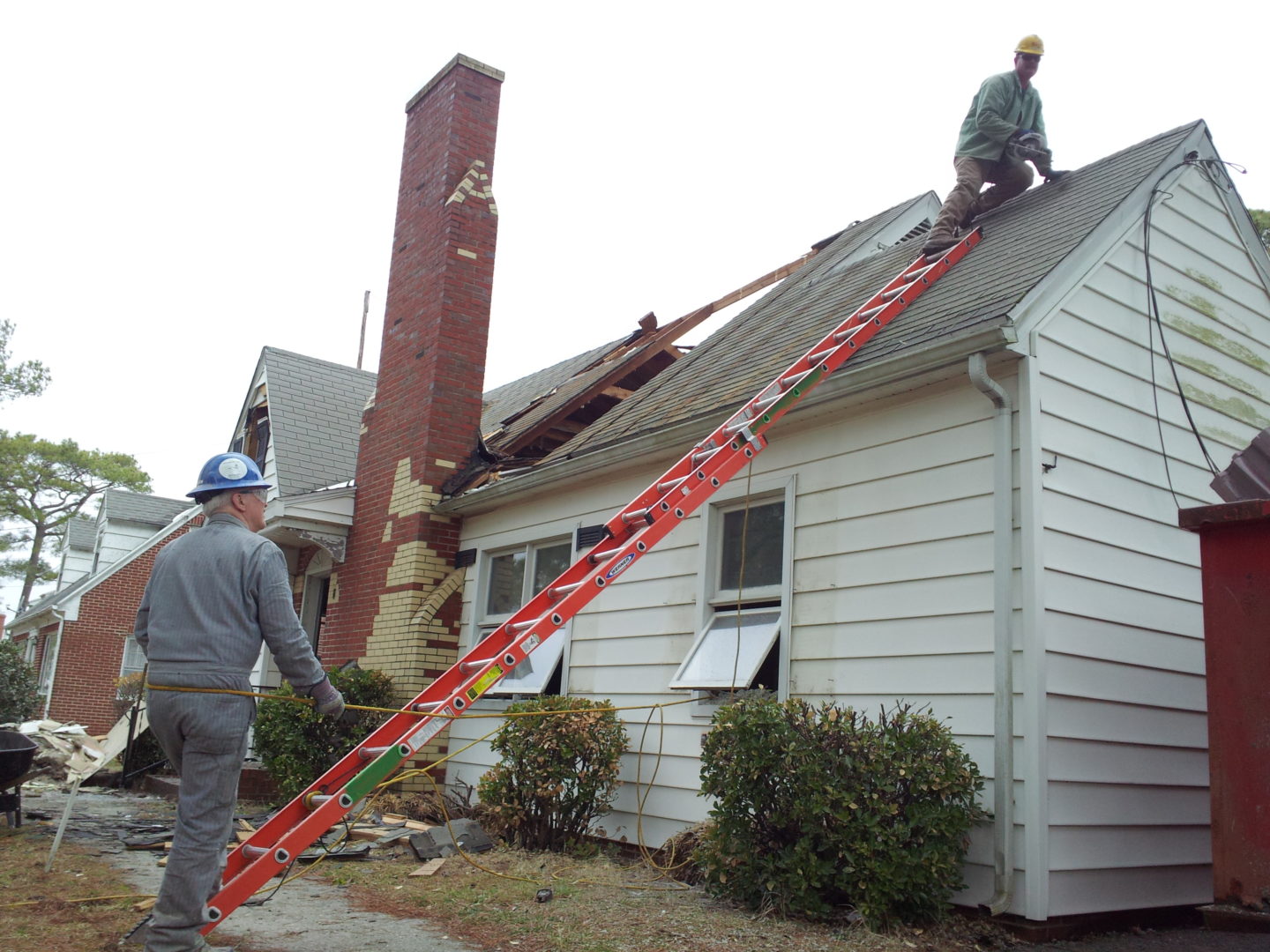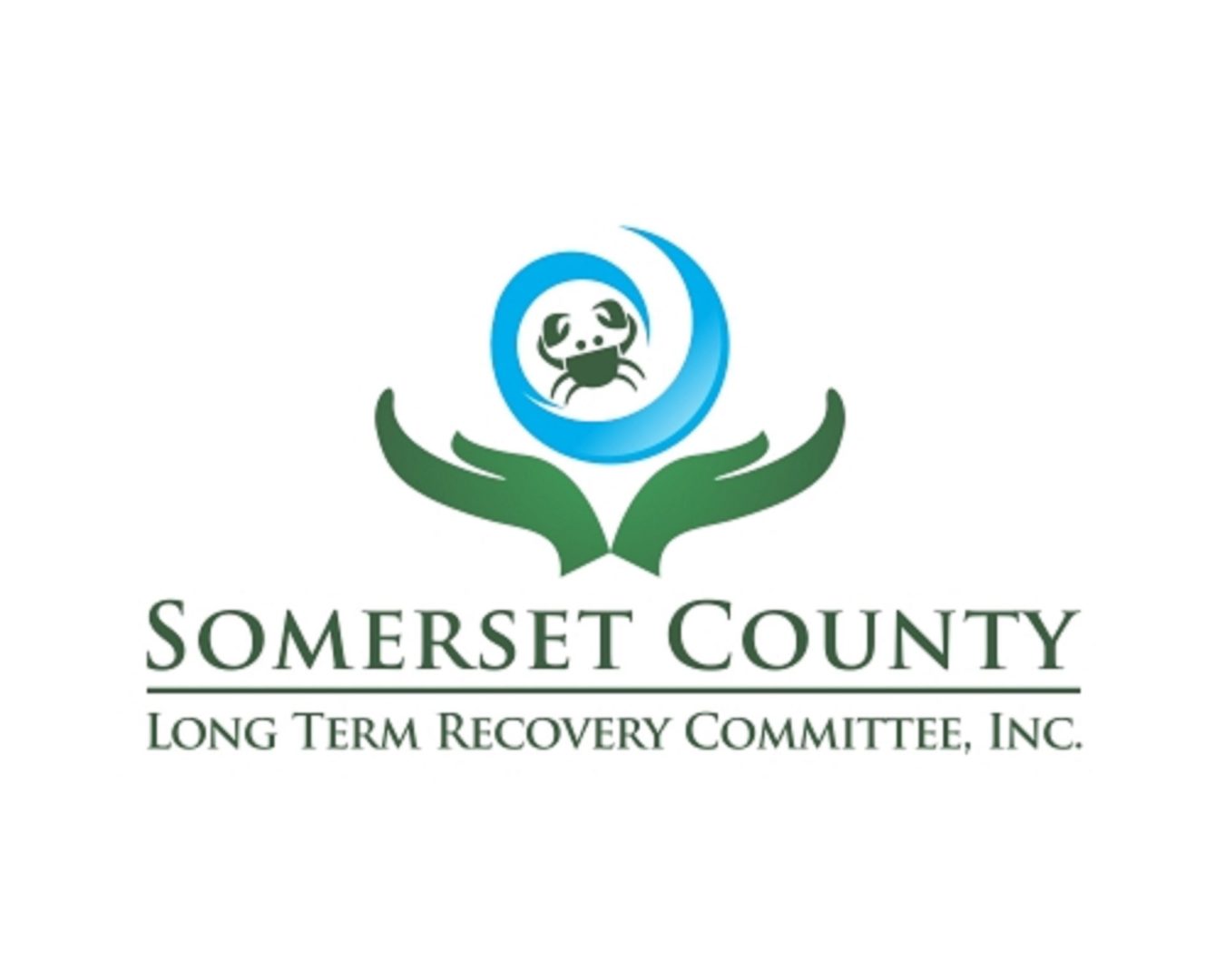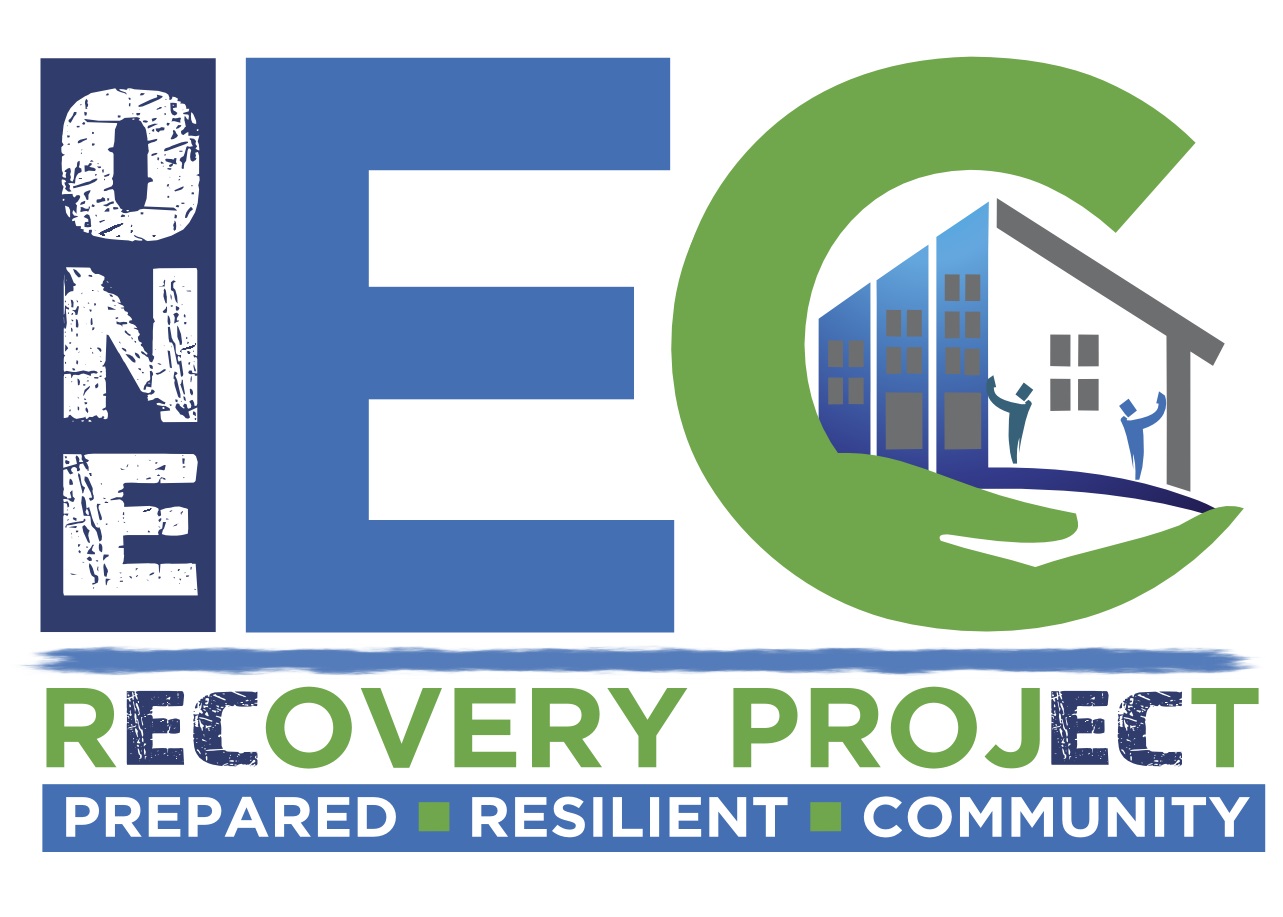A Long-Term Recovery Committee (LTRC) is a cooperative body that is made up of representatives from faith-based, non-profit, government, business, and other organizations that works within a community to assist individuals and families as they recover from a significant disaster. Maryland VOAD has the expertise to assist the local community in forming a LTRC. The LTRC helps maintain local management of the disaster, while connecting the community to Maryland VOAD members’ resources and State and National resources. The personality and operation of each group is unique and reflects local needs, available resources, cultural diversity, leadership style, and community support. No matter how a group is structured or what it calls itself, the goal is the same — to connect recovery resources with community needs to ensure that even the most vulnerable in the community recover from disaster.
Active LTRCs in Maryland
Eastern Shore Long-Term Recovery Committee’s Response to Tidal Flooding in Somerset and Dorchester Counties
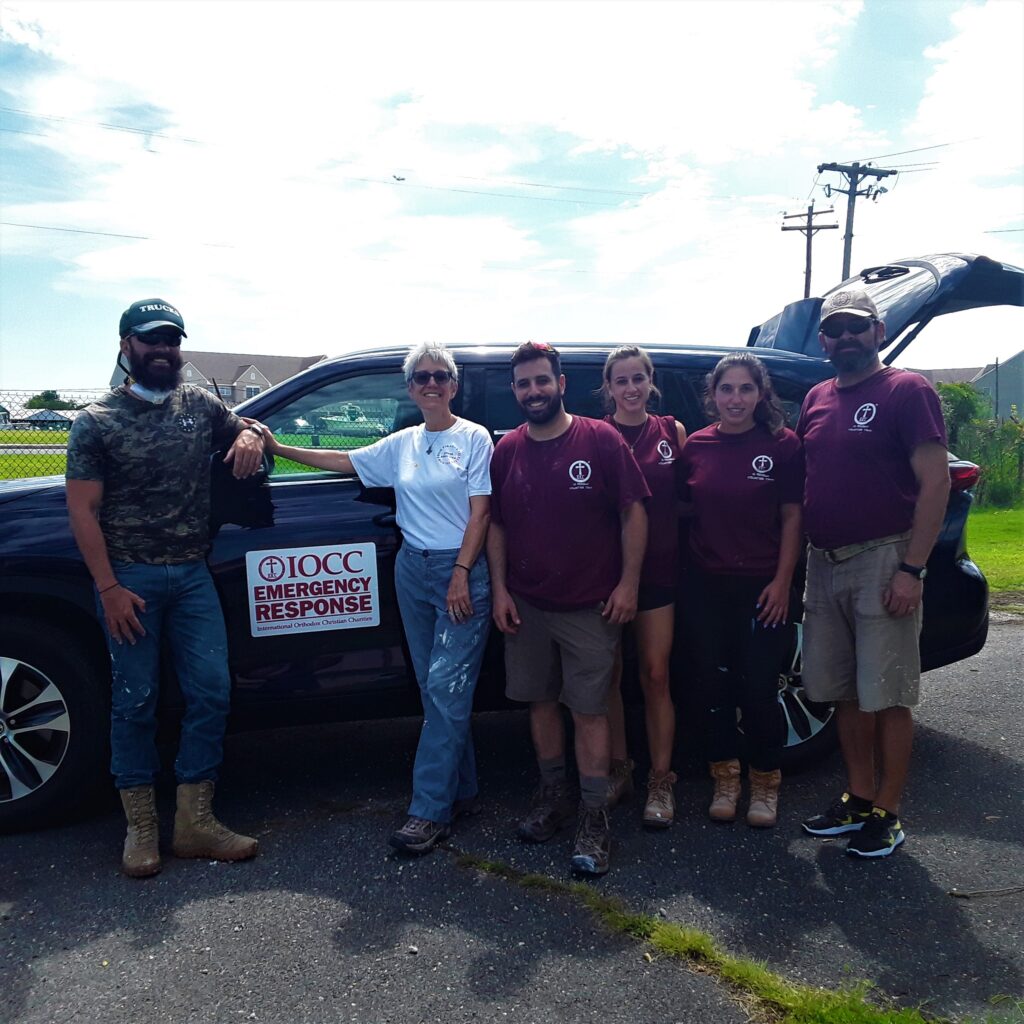
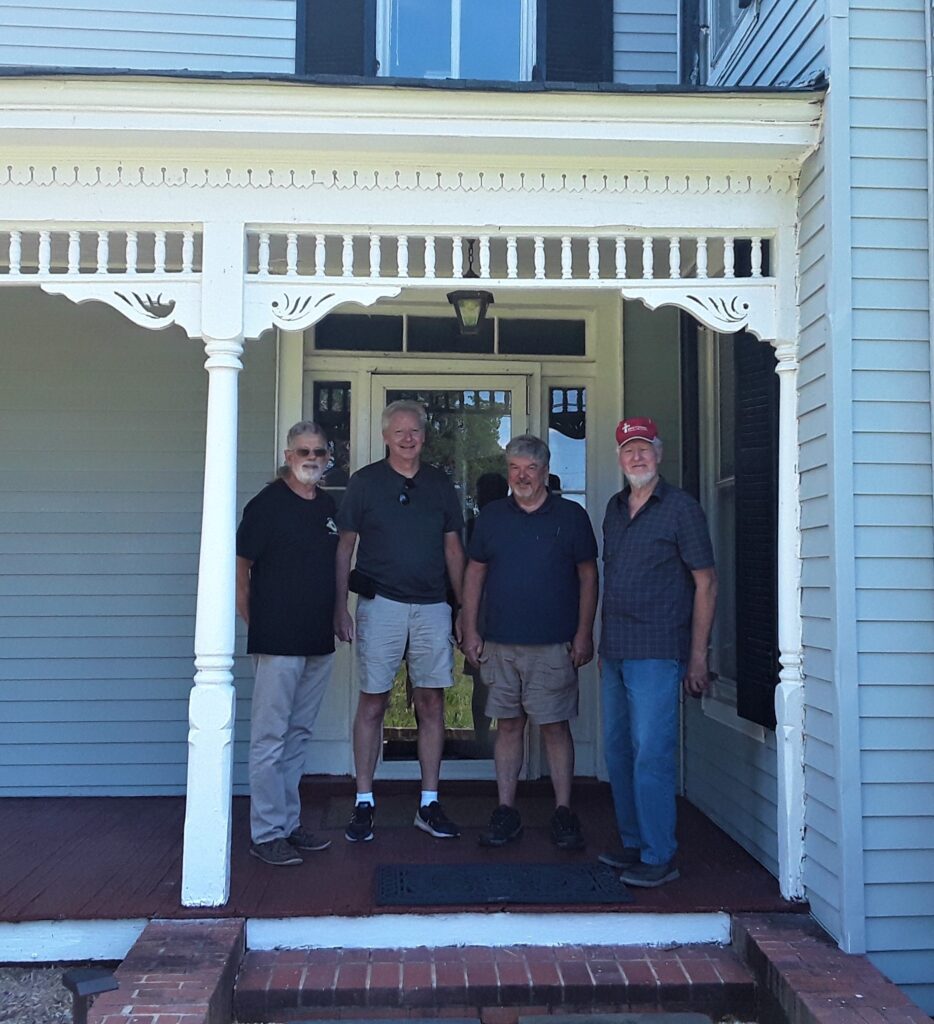
On October 29, 2021, Somerset and Dorchester counties experienced the worst Bay Tidal Flooding that has been seen in Maryland for three decades — in many places, eclipsing water levels that were seen in Superstorm Sandy. This type of flooding posed immediate and long-term health threats to families whose homes were flooded. Flooding bay waters bring with them all types of contaminates and cause hazardous situations with plumbing and electrical systems, and these homes are susceptible to the growth of mold and mildew.
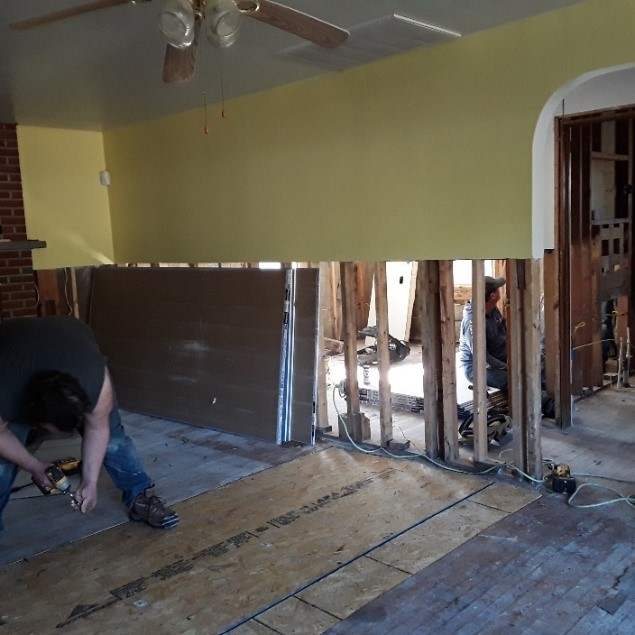
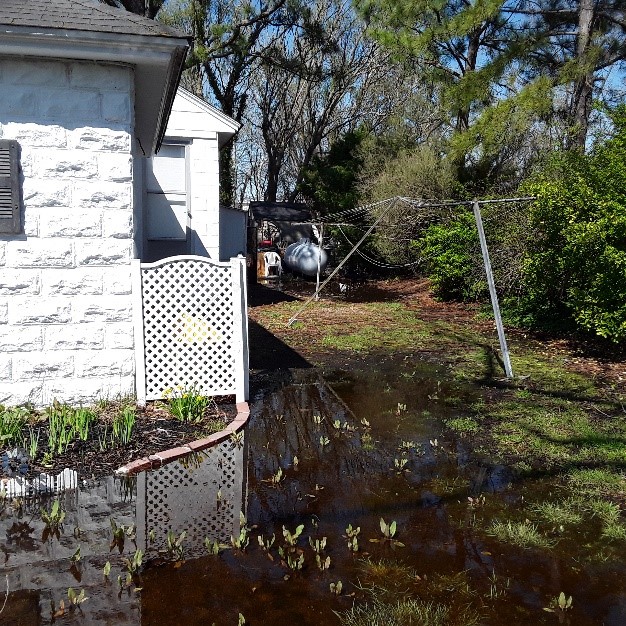
The storm was unnamed, undeclared, and not covered by the media. Few people know that the storm happened, even fewer know the financial need to help survivors reach recovery. There was no funding from FEMA, and the State of Maryland does not have a direct funding mechanism for disaster survivors. Maryland VOAD assisted the Somerset County Long-Term Recovery Committee, formed to support recovery after Hurricane Sandy and still in existence as a viable non-profit, to become the Eastern Shore Long-Term Recovery Committee (ESLTRC). By doing so, the ESLTRC now includes Board Members from Dorchester County and can lead recovery efforts in the county. The immediate goal of the ESLTRC is to make the affected homes healthy and safe. A longer-term goal is to mitigate the effects of future flooding.
The long-term recovery response continues to be well underway. As in 2013, Mennonite Disaster Service has set up a work camp in Crisfield to provide their considerable construction and organizational skills and to collaborate with other disaster organizations and construction volunteer teams. The “Old Radar Station” that was used as a work camp following Sandy, has generously been donated once again by the American Legion Post 16.
Eastern Shore Long-Term Recovery Updates
As of December 2023, the Eastern Shore Long-Term Recovery Committee together with our partner organizations have been able to assist 19 families in Somerset and Dorchester Counties with assistance from damages caused by the tidal flooding that occurred on October 29, 2021. The assistance ranged from providing emergency heater and appliance replacements to repairing floor joists and installing new flooring, drywall, and kitchen cabinets.
In addition to the repair work, demolition of damaged homes and the construction of new homes has also continued in Somerset County. 8 new homes have been completed and the families have moved in over the past year. 2 more new homes are in process and will be completed within the next few months.
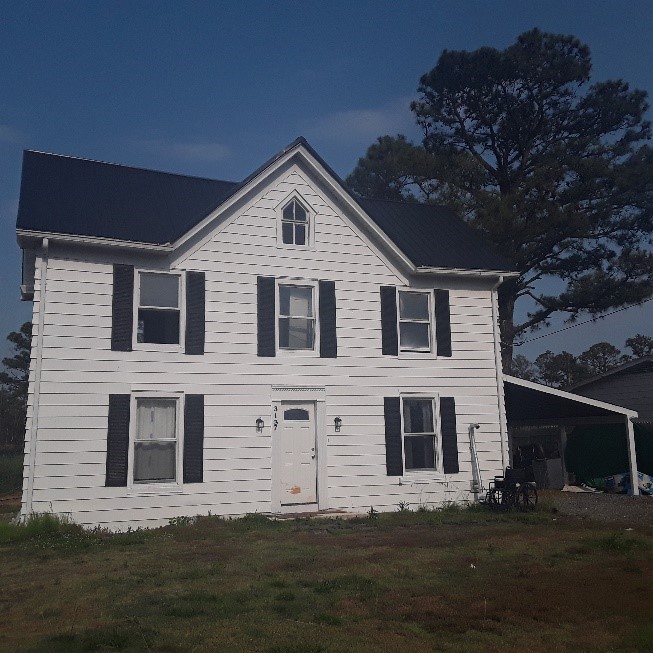
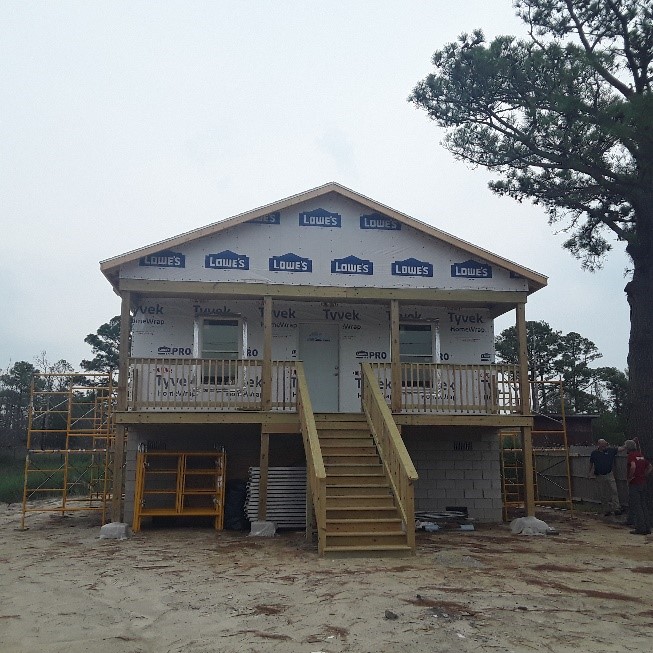
View the photo album.
In August, we celebrated one new family receiving their keys in Somerset County. Rebuilding of Houses #7, #8, #9, and #10 are underway. Members of the Blue Ribbon Mitigation Task Group traveled to Crisfield to meet with professionals to discuss the feasibility of elevating homes with volunteer labor.
You can view the photo highlights online.
Previous LTRCs in Maryland
The two previous LTRCs were the Somerset County Long Term Recovery Committee (SCLTRC) and the Ellicott City One EC.
On October 29, 2012, Superstorm Sandy slammed into Maryland Eastern Shore causing significant damage in Somerset County, Maryland, especially the City of Crisfield. Within two weeks, Maryland VOAD began assisting the community to organize and form a long-term recovery committee. The SCLTRC existed from November 2012 until September 2015, repairing over 350 homes, building 21 new homes, caring for the community’s emotional and spiritual care, caring for children’s recovery needs through 4 Camp Noahs and assisting residents with other recovery needs. At the end of the response, the Committee and its staff created “The Legacy Project.” The Legacy Project is a large repository of documents and files that were created and used to guide the long-term recovery process. The SCLTRC has made these files available to assist LTRCs who are forming. The Legacy Project contains founding documents, bylaws, policies, forms and many other documents we hope you will find helpful. Please click on the logo to be taken to the Legacy Project.
Following the Superstorm Sandy Long Term Recovery response, the SCLTRC (now the Eastern Shore LTRC) worked with FEMA Region 3 and the Maryland Department of Emergency Management in a three-year mitigation project (2016-2018) to elevate 11 homes out of the local Somerset County Floodplain. Of the 64 homes that the County and SCLTRC built new or elevated following Superstorm Sandy, none of them received damage of got wet from the October 2021 Tidal Flooding or subsequent flooding events. Pictures of two of the homes we elevated can be seen below.
On July 30, 2016, torrential rainfall occurred in and near Ellicott City, Maryland, causing severe flash flooding and destruction to the historic Old Town portion of the city and to many residents’ homes. Shortly afterward, Maryland VOAD worked with the community to help create a long-term recovery committee which was named, One EC. This effort continued until 2018. Impetus for the creation of the Howard County COAD came from the One EC experience. While no collection of documents exists, if you wish to know more about One EC and learnings from that effort, please be in touch with members of the Howard County COAD. Please click on their logo below to be taken to their site and click on “Contact.”
